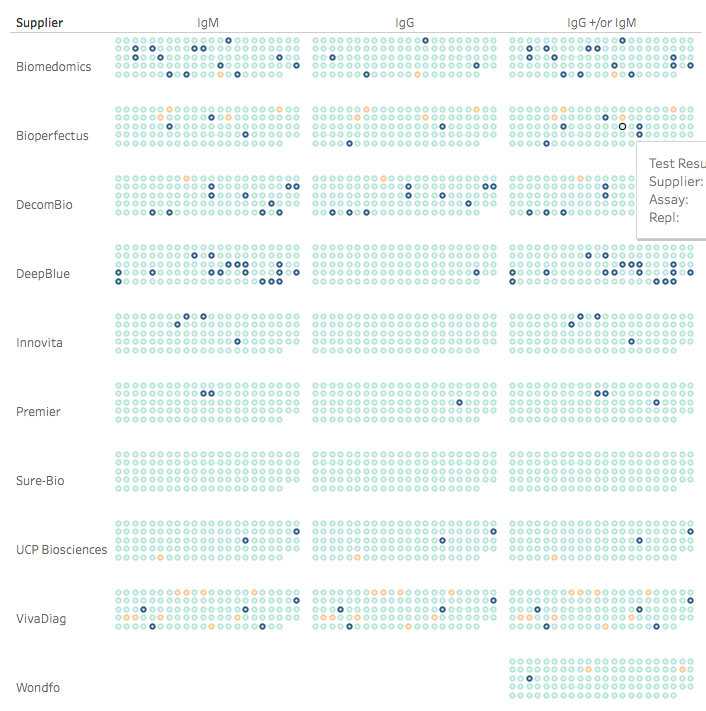
🧵A year into COVID19, despite the heroic efforts of many, our regulatory and medical systems have clearly NOT adapted adequately.
Here's an infuriating look at how pre-pandemic SOPs are preventing patients from getting life-saving treatment.
nytimes.com/2021/03/31/opi…
Here's an infuriating look at how pre-pandemic SOPs are preventing patients from getting life-saving treatment.
nytimes.com/2021/03/31/opi…
2) "Because mAb treatment can be administered only in an outpatient setting ... in one case I had to persuade the admitting team to discharge a patient from the hospital so that they could send him to the emergency room to receive the care he needed." This is absurd.
3) Why does it happen? It's what I'd call the tyranny of the drug label. FDA approved this particular mAb treatment for outpatient use, and apparently no doctor at this hospital could be persuaded to use it off-label for inpatient use, even though the drug will definitely work.
4) Here's the entire natural history of drug development, approval, and administration:
- Manufacturers hypothesize which patient population would derive the greatest or fastest benefit from a new treatment, and design their trials for that population.
- Manufacturers hypothesize which patient population would derive the greatest or fastest benefit from a new treatment, and design their trials for that population.
5) the mAb manufacturers Regeneron and Lilly chose initially nonhospitalized patients. Both trials succeeded and the drugs were approved for that indication. They later ran trials in hospitalized patients.
6) Regeneron's trial in mild hospital cases (requiring low oxygen only) Is showing a preliminary positive signal and awaits final results. Lilly's trial in a more mixed population (organ failure was the only exclusion) failed.
7) But someone newly hospitalized with shortness of breath is not far from the original study population. They are basically Trump's symptom profile when he was admitted to Walter Reed and given mAbs. Did they admit first and then give mAbs or vide versa? Shouldn't matter, right?
8) The push for "evidence-based medicine" means doctors are now trained to administer only those treatments for which there is proof of efficacy. Formally, the Regeneron drug is proven to help nonhospitalized pts but not proven to help hospitalized patients.
9) So can doctors not give the Regeneron drug yet in the hospital because the FDA approved it only for non-hospitalized patients? Actually doctors can prescribe any drug off-label.
10) Off-label use is a vital component of doctor's duties and should be used when necessary for patient care. But the catch is off-label use might require preapproval. That's meant to cut down on wasteful and possibly harmful usage of drugs.
11) In this case it was probably easier to discharge the pt and give them the mAb in the ER than get insurance okay. Proper off-label drug use gives a physician valuable flexibility. But unfortunately evidence-based rules have impeded the ability to rapidly use drugs off-label.
12) In a non-emergency situation, this is tolerable. Most likely there are other drugs you can use because most indications are saturated with big pharma chasing down every possible market (remember the Cialis-Viagra battles of the early 2000s)?
13) And if you don't have a drug approved for your ailment then you have time to get insurance pre-approval. But neither of these conditions -- drug choice or time luxury -- exist with COVID-19.
14) Thus we have let rules, meant to protect patients, tie our own hands from providing life-saving treatment. We could have written new rules to give us flexibility to fight COVID19, but we didn't. Instead we continue to subject ourselves to the tyranny of the drug label.☹️
• • •
Missing some Tweet in this thread? You can try to
force a refresh




